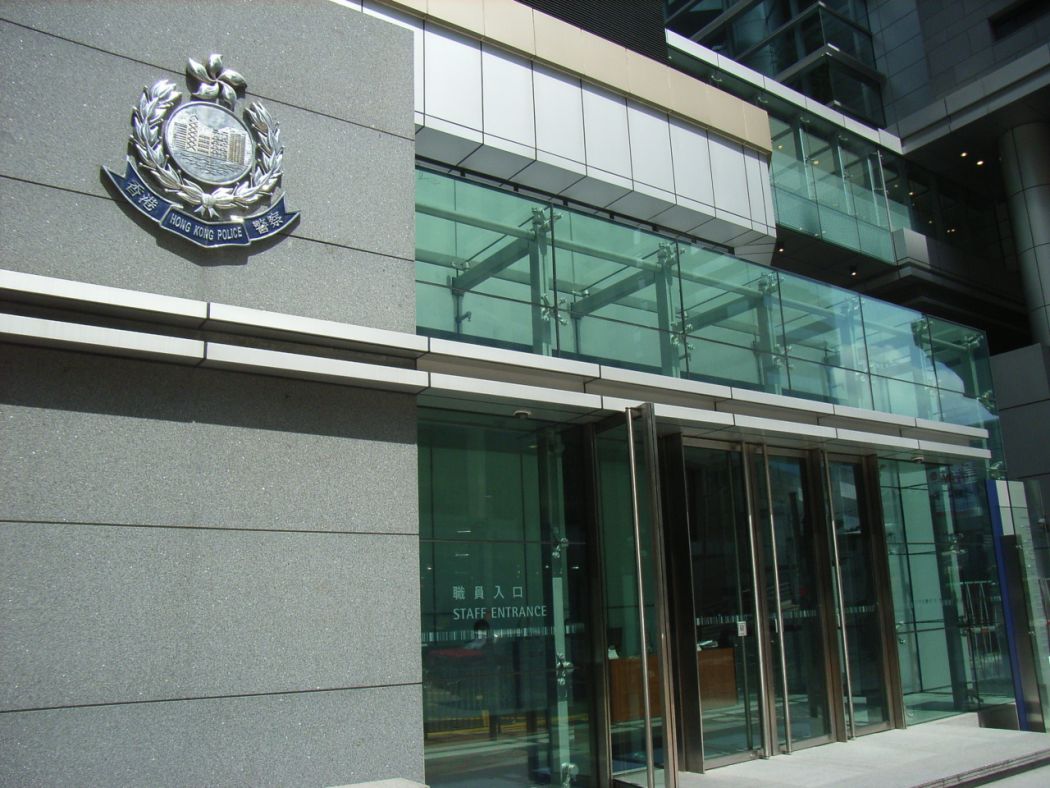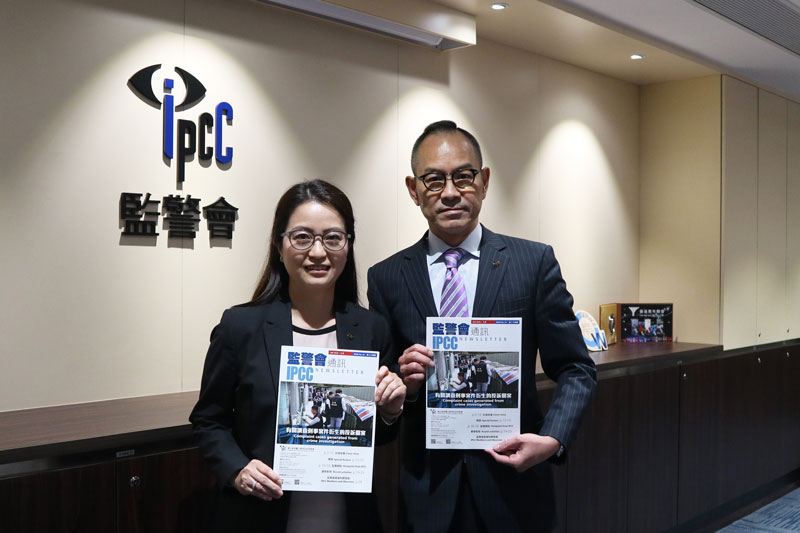A man died of pneumonia days after being denied adequate clothing during police detention, the police watchdog has revealed. The suspect was given shorts to wear after his trousers were seized as evidence, whilst extra clothes sent by his daughter were rejected. He died two days after being released.
A complaint filed against the force after his death was found to be substantiated, the city’s police watchdog has said.

The man who died was arrested on suspicion of possessing dangerous drugs found in the pocket of his trousers, according to the Independent Police Complaints Council’s (IPCC) annual report released on Wednesday. A station sergeant on the case gave instructions to a subordinate to seize his trousers as an exhibit. The station sergeant then gave the suspect a pair of shorts that he personally owned to wear. A day later, while the suspect was still in detention, his daughter — who later filed the complaint against the police — brought a jacket, a shirt and a pair of jeans for him to wear.
But a police constable only accepted the jacket and rejected the shirt and the pair of jeans, without offering her any explanation, the IPCC report said. He also did not seek instructions from the station sergeant before rejecting the items.

The suspect was later charged and taken to court, where the complainant noticed that her father was not wearing the jacket she sent.
He was released on court bail and – on the same day – was hospitalised after feeling sick. He died of pneumonia two days later.
Duties neglected
“[The complainant] opined that her father’s death might have been caused by the Police’s failure to provide adequate clothing to her father during his detention in the Police Station,” the IPCC report stated.
The IPCC classified her complaint as substantiated, as the officer “had neglected
his duty to follow the stipulated procedures to seek advice from the Case Officer” before he rejected the extra clothing she provided.
The Complaints Against Police Office (CAPO) – an internal police body – also added a count of “substantiated other than reported” against the station sergeant, as he instructed that the suspect’s trousers be seized and gave him his own shorts “without making any effort to provide equivalent clothing, which was inappropriate,” the report said.

Ex-superintendent of police Clement Lai said guidelines currently require officers to examine clothes worn by arrested persons or delivered by their family members based on safety considerations. Items such as shoe strings and belts will be taken away to prevent them from committing suicide while in detention, he told HKFP.
“This is an issue about a detainee’s safety. [Police] also need to consider whether it is too cold for them, and handle it humanely,” he said, adding that police may also consider whether they could provide uniforms to arrested persons temporarily placed behind bars.

The IPCC report did not indicate whether the officers in the case would face disciplinary action.
A substantiated complaint against police officers will usually lead to internal investigations and possibly disciplinary hearings, Lai said, although an investigation in this particular case “may be complicated,” as police would need to establish whether the man contracted pneumonia during detention, or as a result of conditions at the police station.
As a result of the complaint, the IPCC recommended that police devise new guidelines to manage what officers should do after clothing is seized from arrested persons, who should make the decisions to seize them, and arrange suitable replacement for essential clothing, such as by keeping spare clothing in police stations. Police accepted the recommendations and agreed to amend their current procedures, the report said.
Almost always endorse
The IPCC faced increasing criticism during the 2019 anti extradition bill protests for lacking the power to properly investigate police misconduct, when the force was accused of exercising excessive force against protesters and reporters. Millions of Hongkongers subsequently called for an independent investigation against the police, but a 999-page IPCC report on the 2019 events largely concluded there was no police wrongdoing, although there was “room for improvement.”
Complaints against police are fielded and investigated by CAPO, an office within the police itself. Their investigation results are submitted to the IPCC for review. The council can reject or endorse these results, or it can make additional queries before endorsement — including requesting that changes be made.
The IPCC ultimately endorses the vast majority of CAPO findings. 2,311 allegations sustained by CAPO last year were endorsed by the IPCC – only 8 per cent of them were reclassified following the council’s queries.

Last year, among the IPCC-endorsed findings, no investigation was required for close 70 per cent of them, as they were deemed “not pursuable” by CAPO, were withdrawn, or were “informally settled,” the report said. Only 72 cases – or 3 per cent of all allegations the IPCC received from CAPO – were substantiated. Meanwhile, a total of 80 officers were given “warnings” or “advice” as a result of substantiated complaints last year, whilst seven faced “disciplinary review.”
In November 2020, the Court of First Instance ruled that the current police complaints system was “inadequate” and the government must fulfil an obligation under Article 3 of the Bill of Rights to maintain an effective mechanism. The government is appealing the ruling.
Support HKFP | Policies & Ethics | Error/typo? | Contact Us | Newsletter | Transparency & Annual Report | Apps
Help safeguard press freedom & keep HKFP free for all readers by supporting our team

LATEST FROM HKFP
HKFP has an impartial stance, transparent funding, and balanced coverage guided by an Ethics Code and Corrections Policy.
Support press freedom & help us surpass 1,000 monthly Patrons: 100% independent, governed by an ethics code & not-for-profit.










